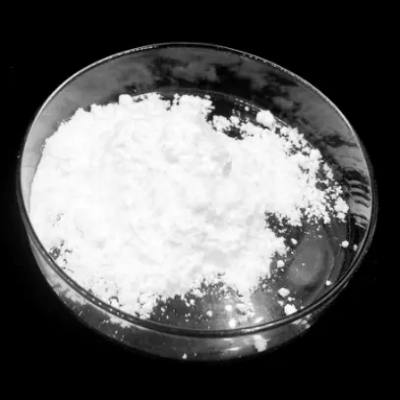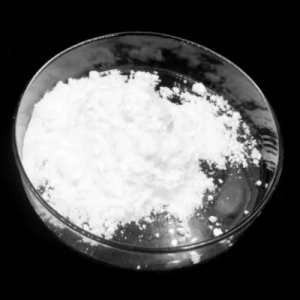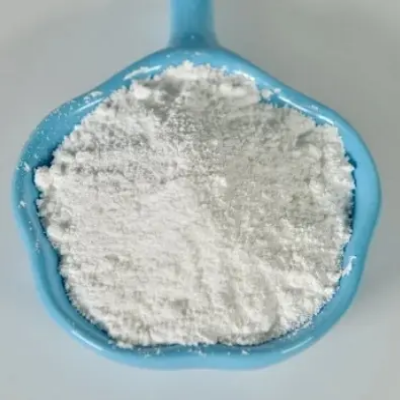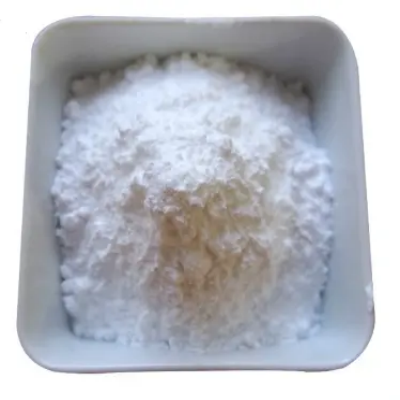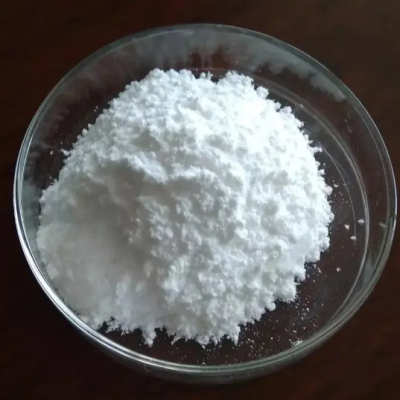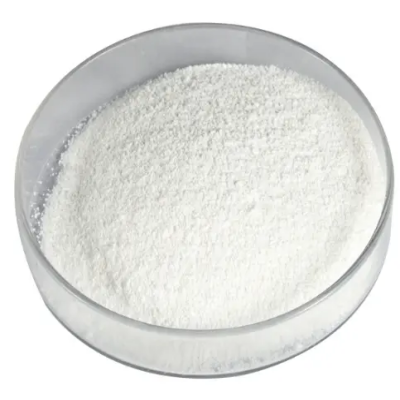Ethylene glycol CAS:107-21-1
Ethylene glycol, commonly referred to as "antifreeze," is a crucial component in automotive cooling systems, where it helps prevent overheating and freezing by regulating the temperature of the engine. It is mixed with water to create a coolant solution that circulates through the engine, absorbing excess heat and transferring it to the radiator for dissipation. Additionally, ethylene glycol is used in heating, ventilation, and air conditioning (HVAC) systems as a heat transfer fluid. In the manufacturing industry, ethylene glycol plays a vital role in the production of polyester fibers and resins. It is a key ingredient in the synthesis of polyethylene terephthalate (PET) – a commonly used plastic material in bottles, clothing, and packaging. Ethylene glycol is also utilized as a solvent in various applications, such as in the formulation of inks, dyes, and paints. Furthermore, ethylene glycol finds uses in the pharmaceutical and personal care industries, where it serves as a humectant in skincare products, toothpaste, and medications to retain moisture and prevent drying. Its versatility as an antifreeze, coolant, solvent, and chemical precursor underscores the importance of ethylene glycol in a wide range of industrial processes and consumer products.



| Composition | C2H6O2 |
| Assay | 99% |
| Appearance | white powder |
| CAS No. | 107-21-1 |
| Packing | Small and bulk |
| Shelf Life | 2 years |
| Storage | Store in cool and dry area |
| Certification | ISO. |


